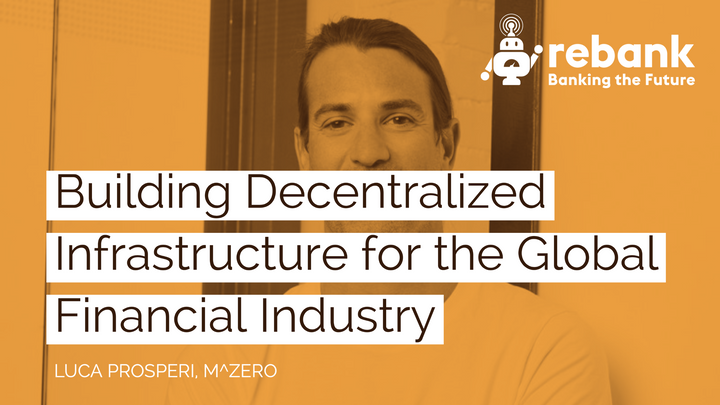Second and Third Order Impacts of New Technology

The Fourth Industrial Revolution has arrived, we're told, which sends us running to our history books - or more likely Wikipedia - to refresh our memories on the details of the first three. After all, history rhymes, right?
Over the course of the past three plus centuries, we've seen mechanization arrive to agriculture, assembly lines transform manufacturing, electrification light up cities and computers energize information processing. According to those in the know, these developments drove three distinct industrial revolutions. Now, advances in AI, robotics, autonomous vehicles, quantum computing, battery technology, IoT, 3D printing, gene editing and biotech are said to be transforming industries for the fourth time.
We've connected with founders and investors driving the development of these new technologies, and we've covered a great deal of their work in detail on Rebank podcast.
But technology is only the beginning of the story. It's definitely the sexiest part (think sweaty programmers in t-shirts) - at least, as long as the current peak of the tech worship cycle lasts - but we're starting to see the second- and third-order impacts of these advances.
The smartest people I know are increasingly concerned with the social, political and economic implications of the continued evolution of disruptive technologies. For a while now, including on the most viewed TED Talk ever, thoughtful people have been asking if we have the tools we need to stay educated and productive over increasingly long and non-linear careers, in the face of the growing prospect of human job replacement by machines. Those topics were cutting edge a few years ago, and they're equally relevant now, as job replacement actually happens.
Now, we're awakening more and more to the impact that social media, information overload, constant connectedness, tracking and big data are having on attention spans, ability to intelligently analyze information and draw conclusions, wealth and power dynamics and, by extension, the political and economic systems we've evolved to meet our needs. That's a lot to think about.
And think we must.
The importance of these issues extends well beyond how present we are as dinner companions and what informs our sense of self-esteem. We're electing politicians and exiting political unions based on poorly or incompletely processed information and in response to fears of job displacement and erosion of wealth and influence. Our decisions at the polls in some cases exacerbate the very problems we're most afraid of.
Some friction may be inevitable as we're confronted by genuinely new phenomena, but the more thoughtfully we approach technology, social issues and own humanity, the better off we'll be.


